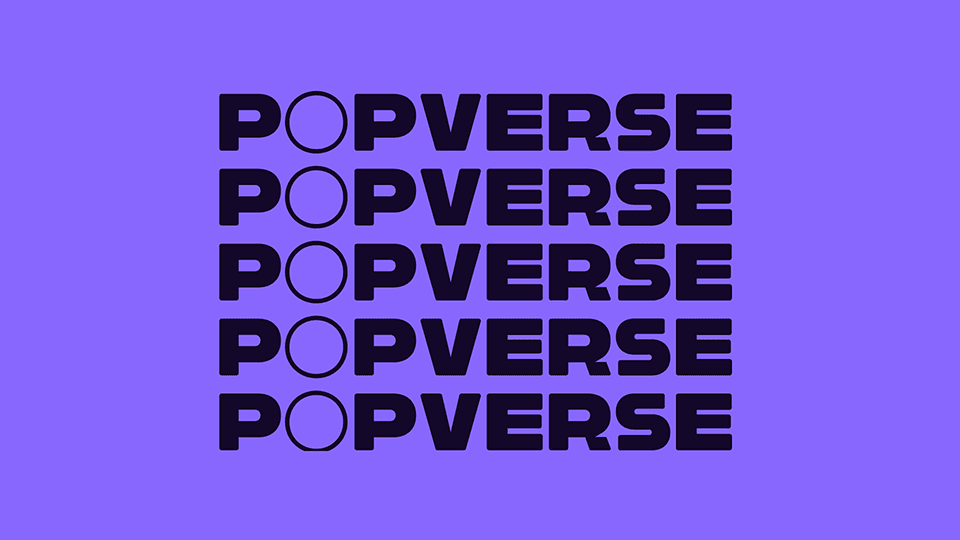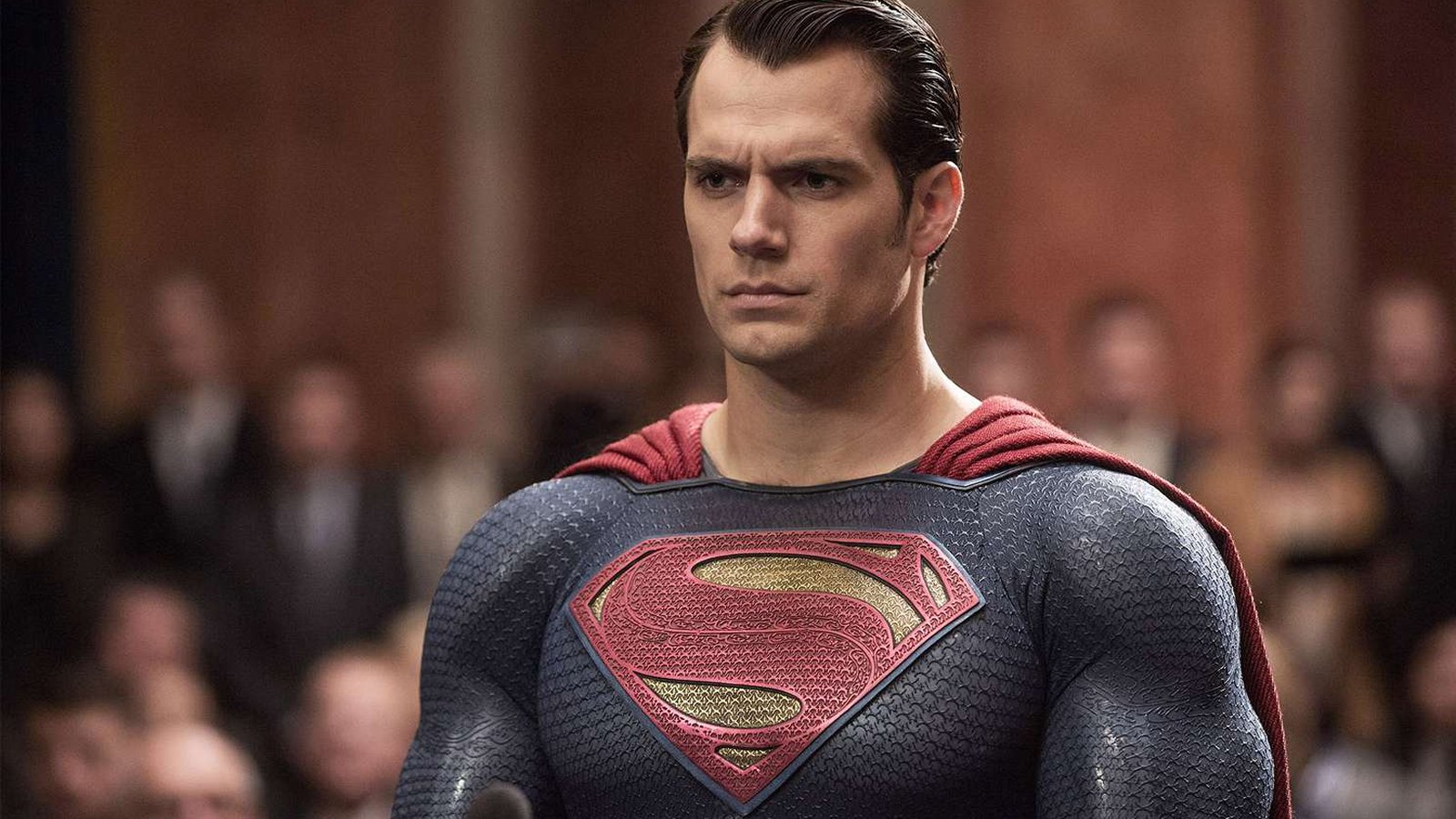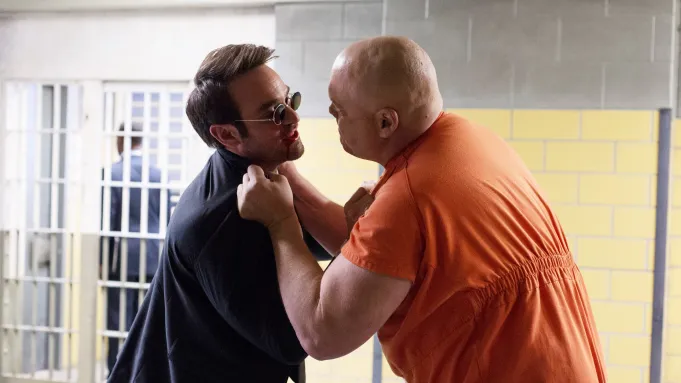If you click on a link and make a purchase we may receive a small commission. Read our editorial policy.
How is Thor the first MCU superhero to get to a fourth movie?
In a bizarre twist, Thor is the first MCU superhero to get their fourth film

He's done it, folks. A Marvel superhero has finally made it to their fourth film, and the winner is the mighty, the worthy, and the… unexpected Thor.
If you asked me 10 years ago which Marvel superhero would make it to their fourth movie first, I, like most folks, would have probably guessed Iron Man, then maybe Captain America. The Hulk was (and is still) tied up in a tangle of ownership issues, and the other major heroes hadn't gotten solo movies yet. At the time, Iron Man was by far the most popular Avenger, the only Avenger with a universally beloved movie, and the only one with a recognizable star.
But Iron Man did not make it to his fourth film for a bevy of reasons. Unlike comics, movies take more time, more budget, and more wrangling to make. You have to deal with living actors, who age, get more expensive, and sometimes decide that they want to stop playing their characters. Not that there aren't practical, business-related decisions that drive comics storytelling, but in comics, you aren't forced to age Captain America out because an actor wanted to leave the franchise or kill someone off because they were getting too expensive. Plus, Hollywood seems obsessed with the idea of trilogies, even when they don't necessarily conclude the character's storyline.

As most Marvel Cinematic Universe fans know, the MCU started mostly in retrospect. Iron Man, a shot in the dark, became a hit, so we got more. Those movies did well, so we got The Avengers. But the reason why this is important for our discussion today is that those early actors signing on to these projects didn't know the impact and continuous cultural capital of the films they would be making. They were signing on to individual projects with the potential of sequels and crossovers, which is very different from what the MCU is now. Most of these actors weren't prepared or even wanted to stay with the same character for more than a decade. This is likely a central reason as to why it took so long for a MCU superhero to get their fourth movie, and a reason why I think fourth movies will soon become a bit more common in the MCU.
Obviously, one of the biggest factors in continuing to portray a version of a character in film is how long actors want to stay in the franchise. Now that there's a better idea of what the franchise is, it is very likely that new actors who sign on know what they're signing up for and are prepared for what that means regarding the longevity of their on-screen personas. On the studio side, Marvel Studios can also offer these multi-picture locked deals, so they don't have to deal with renegotiating for wildly higher salaries as their stars become bigger and bigger. Consider Sebastian Stan and Anthony Mackie who are all signed on for longer-term film deals when they joined (and re-joined) the MCU.
Back when the first Thor movie was filmed, Chris Hemsworth and Tom Hiddleston were both unknowns, and while Thor was a big deal movie, it wasn't nearly as big of a deal as a Thor movie is now, with the extra boost of the MCU machine and hype. The first Thor film, directed by Kenneth Branagh, was a totally decent movie, but it was also probably many people's least favorite out of the first phase. Thor is a tricky character and, in his first couple iterations, could be hard to like. Taika Waititi's Thor: Ragnarok was a new take on the character and reinvigorated interest both from the actors and from the audience in a similar way that Captain America: The Winter Soldier added a different tint to the Captain America franchise. In an interview with Variety, Chris Hemsworth has even said about The Dark World (the second Thor movie), "I was a little disappointed in what I'd done. I didn't think I grew the character in any way. I didn't think I showed an audience something unexpected and different." Ragnarok was the solution to this, and its success even drew Natalie Portman back to the Jane Foster role for Love and Thunder.

In that way, you could even argue that Thor: Ragnarok is not really a third Thor movie so much as it is a second first Thor movie . Which is probably one of the other big reasons why Thor has made it this far. He had the benefit of being reinvented into the changing times. When the first Thor film came out, we hadn't had a bunch of decent superhero movies yet, it was enough to just be. Now, you need to stand out from a crowd. Over time, Thor's brand has completely changed from the Iron Man-type character with too much power and no responsible way to use it to a funny character who constantly has to deal with major amounts of tragedy. In a lot of ways, he's actually been two completely separate characters, which has kept him from falling into being a one note character, which he was definitely in the danger of becoming.
In hindsight, looking at some of these factors, Thor being the first superhero to get to his fourth solo movie makes more sense. But what does this all mean when it comes to the future of the MCU?
Well, it means that innovation is the name of the game when we're looking at a franchise that is hoping to span decades. I don't think it's a coincidence that the third Spider-Man film has set itself up to be a jumping off point for a reinvention of the character and his world. People have already seen a decent amount of that Peter Parker story, so the studio is setting Spider-Man up for the long-term, by giving him something new to do. I'm fairly certain we'll see more and more of this type of major character rebranding as time goes on and these characters have longer shelf lives.
When considering this strategy and the fact that the majority of the original Avengers have left the MCU, it isn't necessarily true that Marvel Studios will have to depend solely on the new players to keep things fresh. Invention can make the new out of the old. A tired franchise can be reborn with a fresh vision… to a point.

The one interesting thing about the MCU is how quickly it tends to pivot when something new they've tried isn't working for their audience (see the quick changes after Avengers: Age of Ultron), but that has also led to Marvel Studios tending to stick with problems in their movies that people will overlook now but not later (most people recognize that Marvel has a villain/CGI army problem). Without the underlying structure of 10 years building up to one story to draw audiences into the theater, Marvel Studios has to continue to innovate and justify each movie as worth watching on its own, not only as part of the whole.
It's a tricky tightrope walk that Marvel Studios has ahead. Not just creating new characters and imbuing them with enough pizazz but also reshaping what it has left into a brand that will continue to seem relatable and worth watching. Thor: Ragnarok and Thor: Love and Thunder is an example of how huge stylistic pivots can help regenerate interest where there wasn't interest before, and it also shows that Marvel Studios can be flexible too, allowing for fresh new takes like in the best comics, when a new creative team comes with a vision and makes something their own. Right now, it certainly looks like Marvel's path to success is directly tied to not being beholden to what has come before.
Nowadays, Marvel Studios is no longer looking at their brand from movie to movie, and is instead most likely thinking in decades, which will make following their storytelling strategy an interesting exercise as time goes on. Maybe we'll look back in ten years and it will have all fallen apart, or maybe it will have worked even better than they could have imagined. One thing is for certain, we can't wait to watch Thor: Love and Thunder a.k.a. Thor 4 a.k.a. Th(f)o(u)r.
Interested in reading Thor comics, but don't know where to start? Check out Popverse's guide to the 10 most essential Thor comics of all time.
Follow Popverse for upcoming event coverage and news
Find out how we conduct our review by reading our review policy
Let Popverse be your tour guide through the wilderness of pop culture
Sign in and let us help you find your new favorite thing.
















Comments
Want to join the discussion? Please activate your account first.
Visit Reedpop ID if you need to resend the confirmation email.